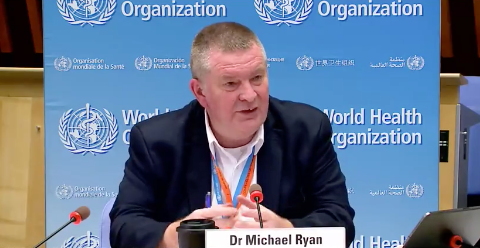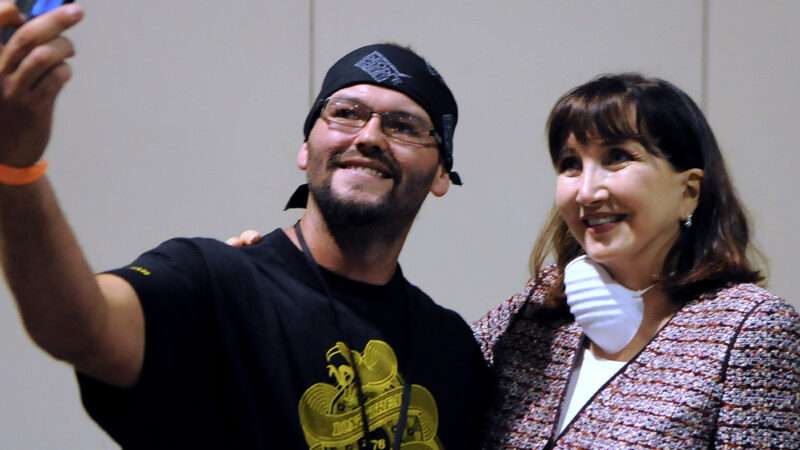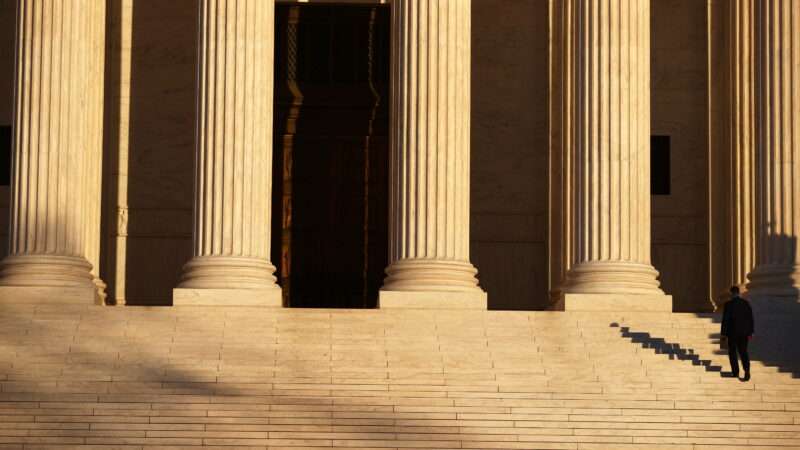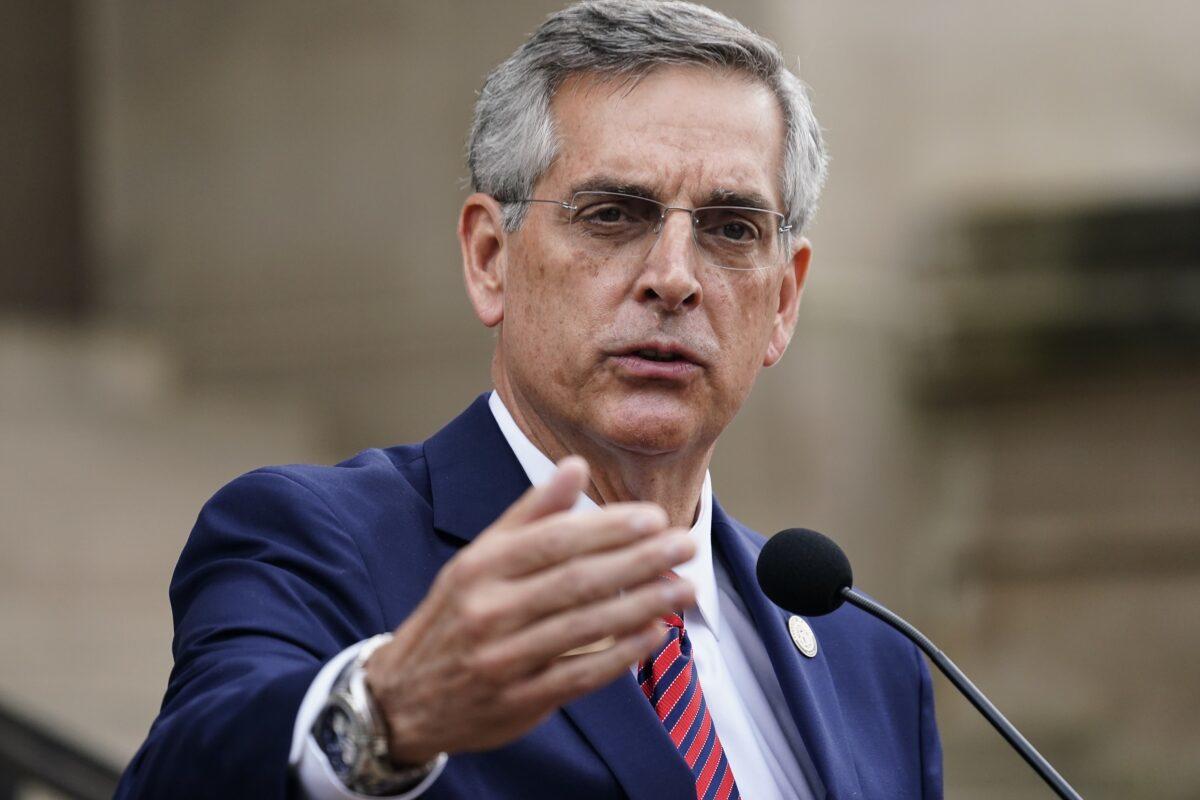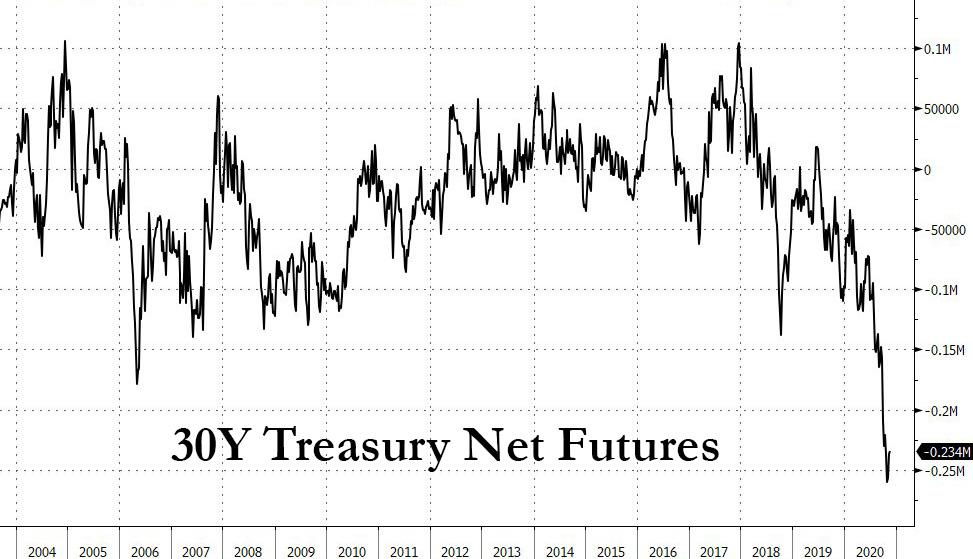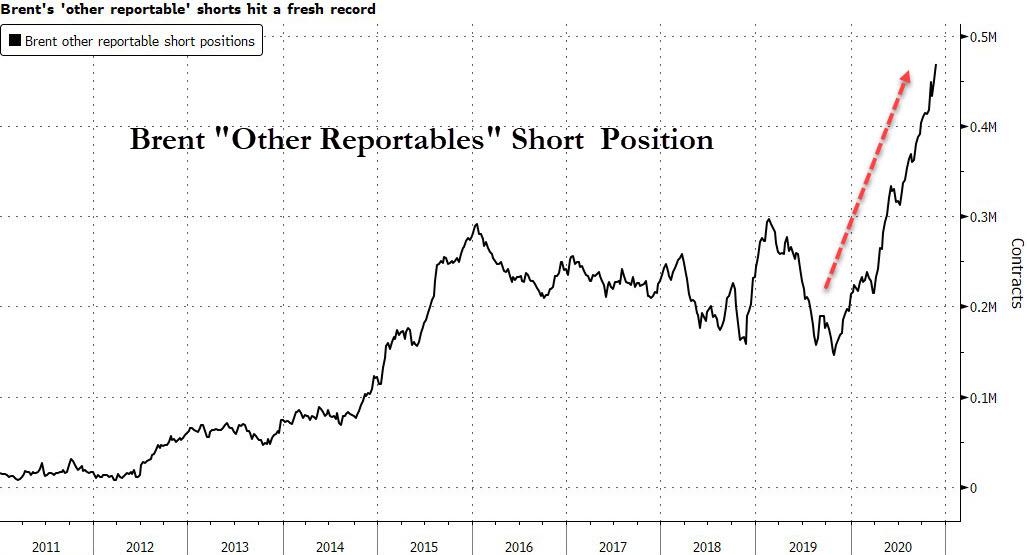Over the weekend, Prof. Thomason dropped this lawsuit, which I had written about when it was filed a year ago. As I understand it, there was no settlement; the suit was just dropped. Since free speech about legal cases and the lawyers who litigate them is likely important to many readers of blogs such as ours, I thought I’d note this latest development. Here are the details of the lawsuit, from my original Dec. 2019 post. (Note also that there has since been a Federal Circuit opinion in the underlying SFM, LLC v. Corcamore, LLC litigation, affirming the decision against Corcamore, though not opining in detail on the TTAB’s “delaying tactics” conclusion)
[* * *]
[1.] In the Dec. 2018 SFM, LLC v. Corcamore, LLC decision, the Trademark Trial & Appeal Board had some harsh things to say about Corcamore’s litigation tactics, including:
It is obvious from a review of the record that Respondent has been engaging for years in delaying tactics, including the willful disregard of Board orders, taxing Board resources and frustrating Petitioner’s prosecution of this case. In view thereof, Petitioner’s motion for sanctions in the form of judgment against Respondent also is granted pursuant to the Board’s inherent authority to sanction.
Corcamore’s lawyer in the case was Charles L. Thomason (listed in the docket as being in Columbus, Ohio), who was a clinical professor at Ohio State University Moritz College of Law until his recent retirement. The TTAB’s decision is now on appeal to the Federal Circuit.
[2.] A few days later, the TTABlog, written by trademark lawyer John L. Welch, posted an item summarizing the case (though not mentioning Prof. Thomason’s name), and adding (as an exhibit to the Prof. Thomason’s Complaint notes), “TTABlog comment: What about a sanction against counsel?” This led to three comments, which I quote from another exhibit to the Complaint:
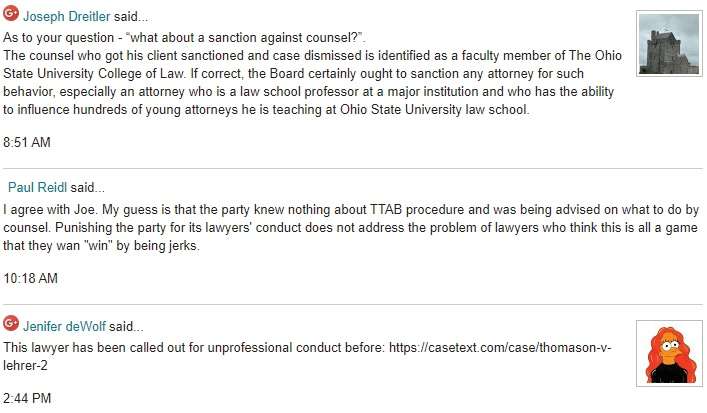
[3.] Last week [i.e., in December 2019], Prof. Thomason sued the three commenters for libel; but it seems to me that his legal theory is not sound.
[A.] The Dreitler comment began with what seems to be a correct statement of two facts—that Corcamore’s lawyer was an Ohio State law professor, and that the client was sanctioned. It seems to err in saying that the “case [was] dismissed”; rather, it was the client’s opposition to the cancellation proceeding that was effectively dismissed, and the other side prevailed. But that mischaracterization of the procedural situation wouldn’t be damaging to Prof. Thomason’s reputation; the implication of “case [was] dismissed” is that the client lost, and that is correct. (Note also that Prof. Thomason has apparently retired, and the last class I could find him teaching was in Spring 2018, so it’s possible that the Dreitler comment was slightly imprecise in its tense; but any error as to that wouldn’t be damaging to Prof. Thomason’s reputation, either, and Thomason’s Complaint more generally speaks of Thomason as a law professor, in the present tense.)
The Dreitler comment then turned to an inference that the lawyer is responsible for the result and the litigation tactics, followed by an opinion about what should happen, and what the lawyer allegedly deserves: “the Board certainly ought to sanction” the lawyer. But such opinions, however derogatory they may be, aren’t actionable libel.
Now libel law recognizes that “a statement in the form of an opinion” may be actionable “if it implies the allegation of undisclosed defamatory fact as the basis for the opinion.” (That’s from the Restatement (Second) of Torts § 566, which the Kentucky Supreme Court has expressly adopted.) But “where the commentator states the facts on which the opinion is based, or where both parties to the communication know or assume the exclusive facts on which the comment is clearly based,” there can be no liability. And that seems to be what happened here: The initial TTABlog post summarized the court opinion (in a way that Thomason’s Complaint doesn’t claim is defamatory); the comment accurately stated a further fact (that Thomason was a law professor) and then expressed an opinion based on those facts.
Thomason’s Complaint says,
[31.] Defendant Joseph Dreitler’s comments defamed plaintiff, in particular, plaintiff’s professionalism, legal ability, as well as his standing as a full-time faculty member teaching at the College of Law of The Ohio State University.
[32.] Defendant Joseph Dreitler’s comments stated or indicated that plaintiff was unfit for his job and duties as a law professor.
But this doesn’t explain why Dreitler’s comment contained any false factual allegation, as opposed to derogatory opinions. Later, the Complaint asserts (in ¶ 63) that, “each defendants’ comments imply or give the impression that they have knowledge of other false and defamatory facts, on which they relied when writing the comments they published on non-party Welch’s blog.” But I don’t see how that’s so: Rather, the comments appear to just refer to the original post and the opinion cited in it, plus, in Ms. deWolf’s case, the other opinion that she cites.
[B.] The Reidl comment likewise seems to be opinion: An overt “guess” that Thomason, as the lawyer, was responsible for the party’s filings (an inference from the disclosed facts), followed by an inference about Thomason’s mental state coupled (that he is one of those “lawyers who think this is all a game that they … ‘win’ by being jerks”). “[A]nyone is entitled to speculate on a person’s motives from the known facts of his behavior.” Haynes v. Alfred A. Knopf, Inc., 8 F.3d 1222, 1227 (7th Cir. 1993); see also Scholz v. Delp, 473 Mass. 242, 251, 41 N.E.3d 38, 46 (2015); Gacek v. Owens & Minor Distribution, Inc., 666 F.3d 1142, 1147-48 (8th Cir. 2012).
The Complaint asserts,
[37.] The comments defendant Paul Reidl published to non-party Welch’s blog post were defamatory and directed at the plaintiff, and were defamatory per se under Kentucky law….
[38.] Defendant’s comments stated or indicated that plaintiff was unfit for his job and duties as a law professor, and separately as an IP litigation attorney….
[63.] The defendants’ comments include false assertions about the plaintiff “teaching at the Ohio State law school,” false reference to attorney-client privileged communications about “TTAB procedure” and false assertions about the client not “being advised” but un-advised and so knowing “nothing” about such procedures, malicious comments that plaintiff is a “lawyer who thinks” adjudicative procedures are “a game,” and is a “jerk,” and that the plaintiff is “unprofessional” even though that word never appears in the Cancellation decision referenced in non-party Welch’s blog post.
But again it doesn’t explain how the comments contained false factual assertions, as opposed to pejorative characterizations and opinions.
[C.] The deWolf comment correctly points out that Thomason had “been called out for unprofessional conduct” by the Thomason v. Lehrer opinion (issued Aug. 21, 1998); that opinion begins,
In what has unfortunately become a far too frequent occurrence in this era of “scorched-earth” litigation tactics, an errant attorney has lost sight of his professional obligations to his client, his profession, and this Court.
And it continues,
The circumstances of this case, however, present the unhappy picture of a lawyer who has crossed the boundary of legitimate advocacy into personal recrimination against his adversary. Lawyers are not free, like loose cannons, to fire at will upon any target of opportunity which appears on the legal landscape. The practice of law is not and cannot be a “free fire zone.” While I will impose these sanctions pursuant to the authority conferred upon me by Rule 11, I join with those who urge the legal profession to return to the standards of professionalism which have characterized the bar throughout the history of our nation.
Thomason’s complaint objects (¶ 45) that “Defendant deWolf’s comment omitted mentioning that a later decision of the U.S. Court of Appeals for the Third Circuit abrogated the Lehrer case.” Indeed, the Third Circuit decision in U.S. Express Lines, Inc. v. Higgins, did reverse one of the legal conclusions in a later (Oct. 27, 1998) opinion in Thomason: The District Court in Thomason had rejected Thomason’s abuse of process claim, on the grounds that alleged misconduct in a federal case should be dealt with within that case, rather than through a new lawsuit; the Third Circuit in U.S Express Lines rejected that position. But the heart of the Aug. 21, 1998 Thomason opinion pointed to by deWolf seems to me to have been unaffected by U.S. Express Lines; the court wrote in that opinion,
Thomason’s section 1983 claim, specifically, the allegation that Lehrer acted under color of state or federal law by representing Absolute and Knight in asserting counterclaims against Thomason, is sanctionable under, inter alia, Rule 11(b)(2) because it is not warranted by existing law or nonfrivolous arguments for an extension or expansion of existing law….
As I have already held, Thomason’s allegations that Lehrer acted under color of state or federal law in representing Absolute and Knight when Absolute and Knight named Thomason as a Defendant to their counterclaims, are wholly without merit. Even a casual investigation, let alone the reasonable inquiry required by Rule 11, see Fed.R.Civ.P. 11(b), would have revealed to Thomason that much more participation by the state and invocation of state powers and procedures is required to transform the attorney representing the client who merely alleges those claims into a state actor for the purposes of section 1983. Count I of the Second Amended Counterclaim was not “warranted by existing law or by a nonfrivolous argument for the extension, modification, or reversal of existing law or the establishment of new law.”
And that “call[ing] out” of Thomason, to my knowledge, had not been reversed by the Third Circuit.
[4.] I’m also skeptical that the federal court in Kentucky has personal jurisdiction over the commenters, who seem to be in Ohio, California, and New York. The caselaw on Internet libel jurisdiction is complicated, but the most on-point Sixth Circuit case seems to cut against Thomason here. (That decision is unpublished and therefore only persuasive precedent rather than binding precedent, but it has been cited over 40 times by federal district courts in the Sixth Circuit.) In that case, the Sixth Circuit held that there was no jurisdiction in Ohio over Internet commenters who spoke about an Ohioan:
[W]hile the “content” of the publication was about an Ohio resident, it did not concern that resident’s Ohio activities. Furthermore, nothing on the website specifically targets or is even directed at Ohio readers, as opposed to the residents of other states. Appellant argues that if [defendant’s] goal was only to reach Massachusetts readers, then he should have used only local media, not the internet. The law does not require that people avoid using the internet altogether in order to avoid availing themselves of the laws of every state. See Revell v. Lidov, 317 F.3d 467, 473 (5th Cir.2002) (finding that Columbia University’s maintenance of a website and internet message board, on which one of its professors posted an article that criticized the Texas plaintiff, was insufficient to confer personal jurisdiction in Texas over the university or the professor, because the “article written by Lidov about Revell contains no reference to Texas, nor does it refer to the Texas activities of Revell, and it was not directed at Texas readers as distinguished from readers in other states”). Additionally, although Appellant claims that [defendant]’s website links to a class action form and thereby solicits litigants, there is nothing in this form that targets Ohio, let alone mentions [plaintiff], and there is no allegation that [defendant] used this form to make repeated online contacts with Ohio residents. Consequently, because the website was not directed toward Ohio in its content or in its target audience, the case is closer to Revell and Reynolds than Calder.
Change Ohio here to Kentucky (the state in which Thomason sued), and the quote fits well: The commenters weren’t speaking about Kentucky, deliberately addressing Kentucky residents, or opining about some Kentucky-specific activities on Thomason’s part.
So my guess is that defendants can quickly get the case dismissed on personal jurisdiction grounds, or, if necessary, on a 12(b)(6) motion to dismiss for failure to state a claim. I’ll try to keep our readers posted as to any substantive developments.

from Latest – Reason.com https://ift.tt/3omBwkj
via IFTTT

